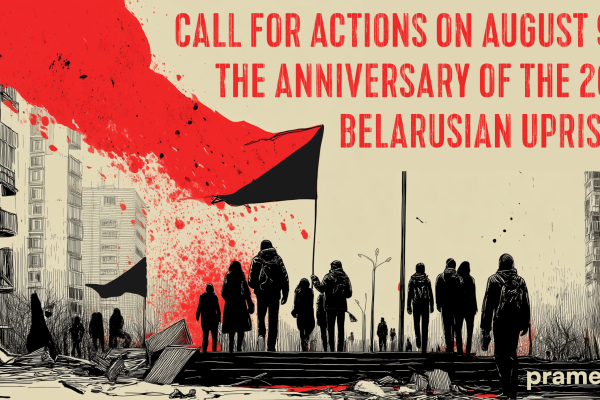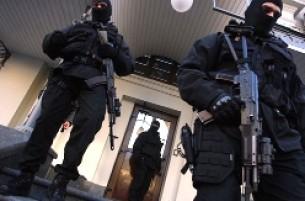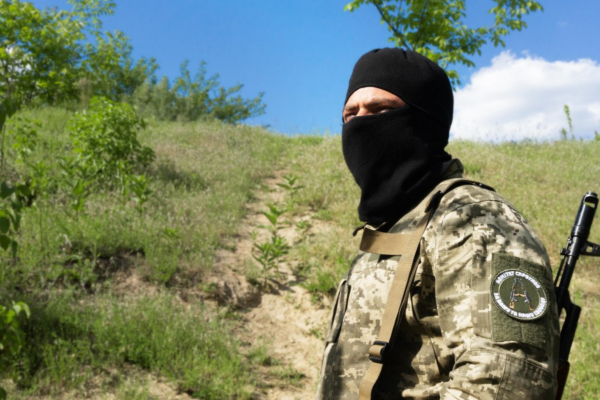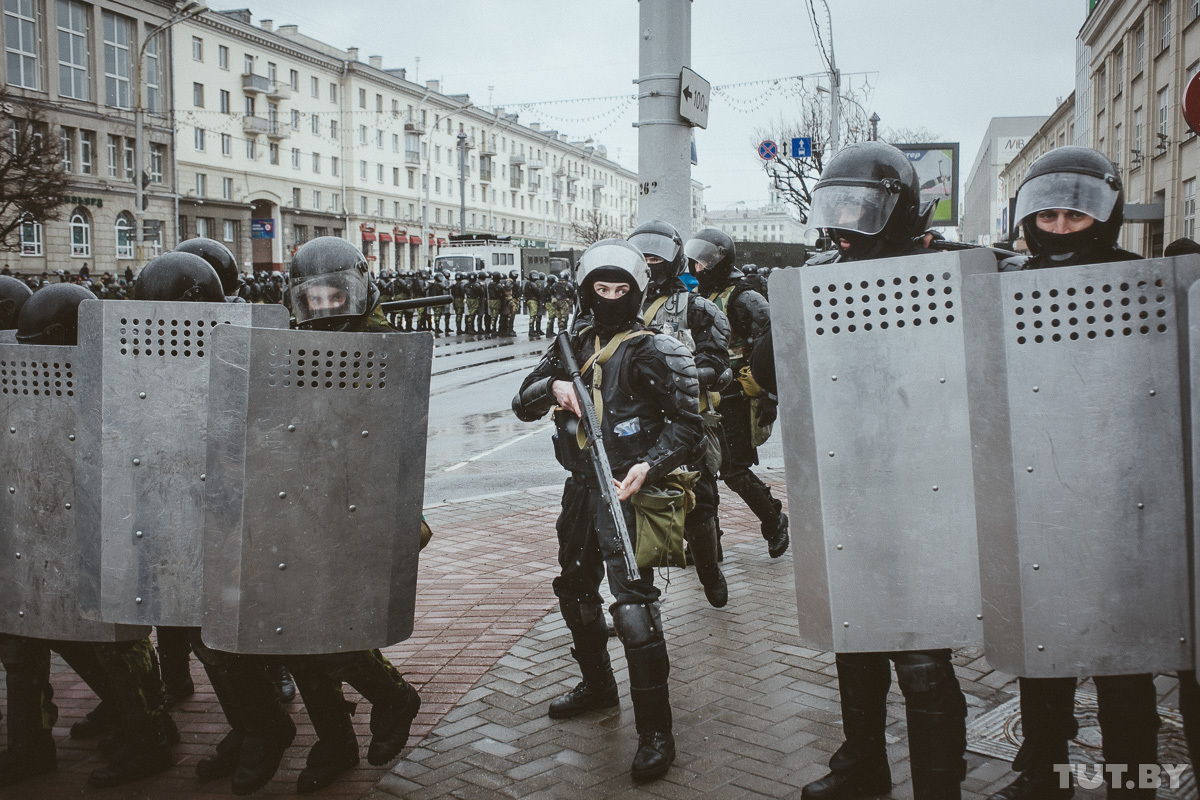As it became known from a propaganda video on youtube published by the state media, anarchists from the group “Black Nightingales” were detained in Belarus several months ago. According to the regime’s version, they were planning to attack the state infrastructure and sabotage the support of the Russian military in Belarus. The list of the group members includes Maria Misyuk, Trofim Barysau, Sergey Zhigalyou, Dmitry Zahoroshko, Anastasia Klimenka, and Aleksandra Pulinovich. Based on the attitude of the Belarusian regime towards anarchists, we believe that any recorded testimony was obtained under torture until the contrary is known.
The Lukashenko regime often releases epics about its political opponents, in which it tells its own story of reality. And it doesn’t matter how much truth there is in these stories – it’s important to convey the mood of constant threat posed by Ukraine and the “West” in general. It is not for nothing that the movie itself places such a great emphasis on the fact that Maria Misyuk has Ukrainian citizenship. As in the last 30 years we hear the same record about “enemies, enemies everywhere”. On the one hand, one can say that nobody in Belarus believes in this nonsense anymore, but the reality is more complicated and a part of society continues to consume the propaganda of the Belarusian state mixed with madness broadcast from the “Russian world”.
On the other hand, we can safely say that despite all the attempts to crush the anarchist movement from 2020 GUBOP/KGB and other punitive structures, anarchists still exist in Belarus. The ideas of liberation from authoritarianism and creation of society on the basis of solidarity and cooperation continue to excite the minds of Belarusians who are ready to resist Lukashenko’s dictatorship. Attempts to make the activists of the group “Black Nightingales” just “children” who didn’t know what they were doing look ridiculous. In the country, where on April 30, 2024 at least 153 people aged 22 and younger are sitting in jail for political reasons, we see that young people are not just “recruits of the revolution,” but full-fledged participants in the struggle against the dictatorship. And the punitive bodies understand this perfectly well. Otherwise, the film about the need to combat the radicalization of young people would not have appeared in the state media at all.
Today it is difficult to judge about the full picture of what happened and repressions against the group, but already now we can say that for their courage to politically resist Lukashenko’s regime in a society constantly terrorized by the state, the activists deserve deep respect and solidarity not only from the anarchist movement, but also from the whole Belarusian diaspora. Through their struggle they are paving the way to a future free of dictators, fascism and war.




